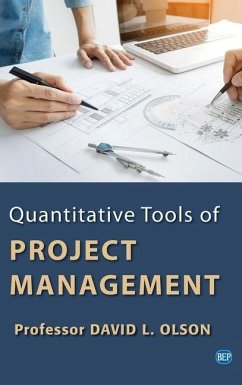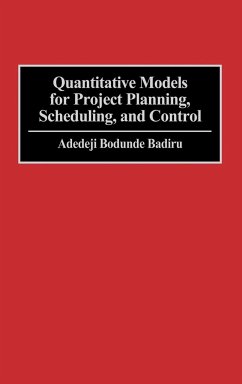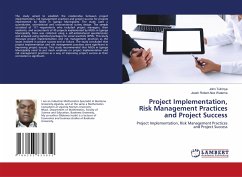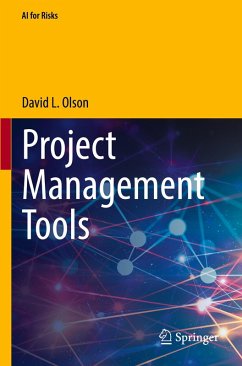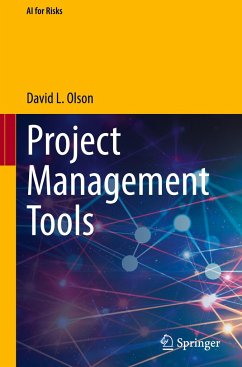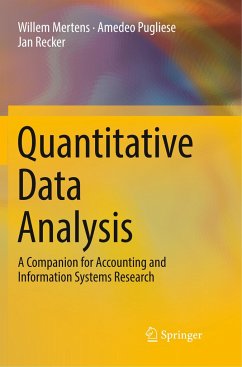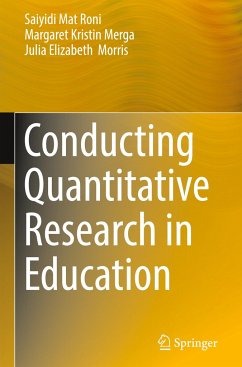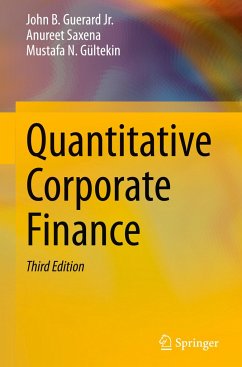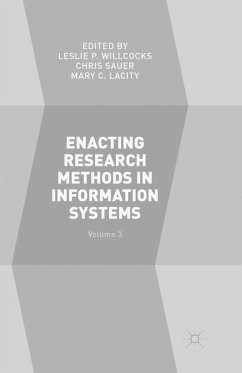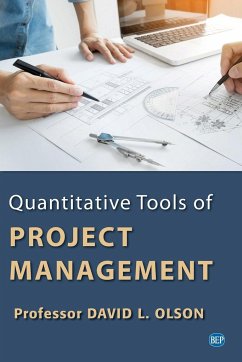
Quantitative Tools of Project Management

PAYBACK Punkte
11 °P sammeln!
This book addresses the use of quantitative tools to support general project management. Part I of the book deals with critical path modeling. Part II discusses risk modeling tools to include Program Evaluation and Review Technique (PERT), critical chain modeling, and agile/scrum approaches. Project control through earned value analysis is also covered. Part III is a Microsoft Project orientation. A feature of the book is an effort to tie content to that of the Project Management Body of Knowledge (PMBOK). Each chapter includes reference to how each chapter relates to the PMBOK structure and i...
This book addresses the use of quantitative tools to support general project management. Part I of the book deals with critical path modeling. Part II discusses risk modeling tools to include Program Evaluation and Review Technique (PERT), critical chain modeling, and agile/scrum approaches. Project control through earned value analysis is also covered. Part III is a Microsoft Project orientation. A feature of the book is an effort to tie content to that of the Project Management Body of Knowledge (PMBOK). Each chapter includes reference to how each chapter relates to the PMBOK structure and its relationship to the 2020 Project Management Professional (PMP) Exam Outline.





